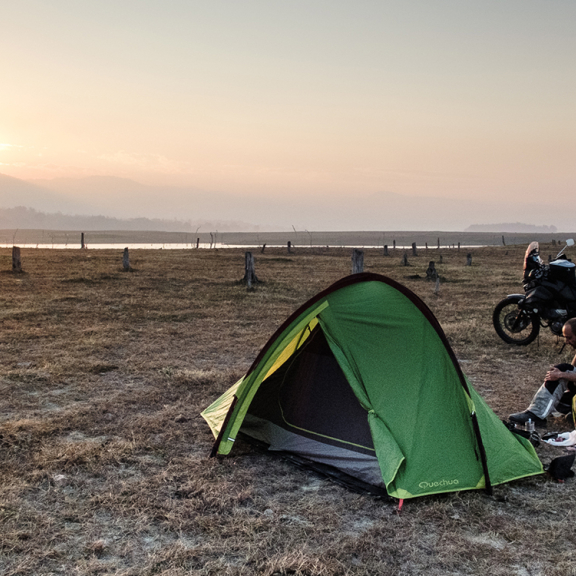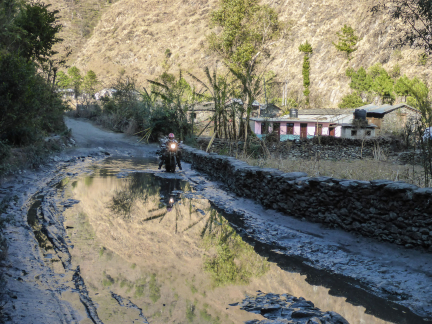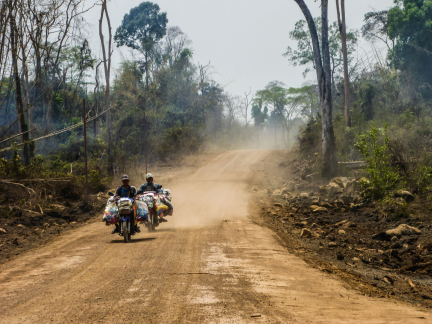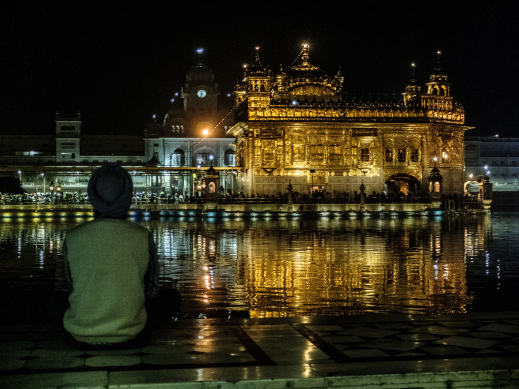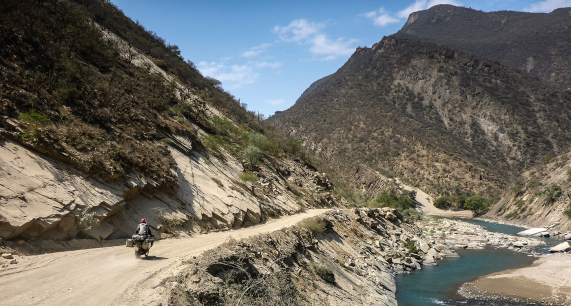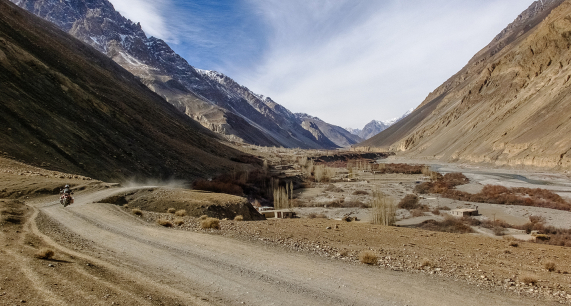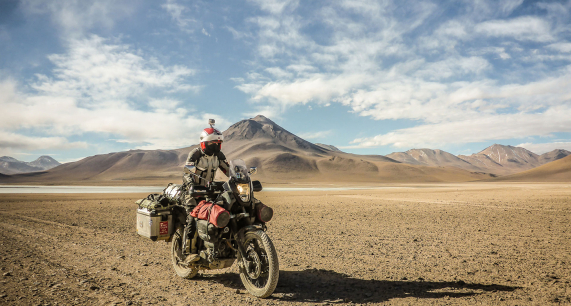Far East
To the South of the Himalayas I found the real borders of the Mediterranean: on the border with Pamir
To the South of the Himalayas I found the real borders of the Mediterranean: on the Indus River where, on the border with Pamir, the descendants of Alexander the Great live in small villages. In one of these we spent two days listening to stories from a charming poet and musician.
From there onwards, toward the East, everything changes: Northern India is something that is outside our comprehension as technological Westerners, brought up following a Christian moral code. Here the sense of spirituality is very difficult to comprehend as a Westerner: everything here is filtered through the Guru’s asceticism, and it is difficult to understand how people can accept life conditions so different from ours. The damage caused by mass tourism is irreversible: the Western visitor is seen as a walking cash machine by basically everybody and Northern India looks more like that described by Danny Boyle in The Millionaire than those in flashy Bollywood movies.
Everywhere we go in Nepal, the people treat us as friends: we saw Hindu and Buddhist rituals and we immersed ourselves in the mountains of the Himalayas, warm by day and freezing the moment the sun goes down. Most of all, Nepal has taught me to respect my limits and to accept that occasionally we must retrace our steps and go back. A lesson that the local people seem to have learned from those eternal and unmoveable mountains.
In Kathmandu we put the bike on a plane and we flew to Bangkok, which played host to us with its hot and humid climate. After five months of women covered by veils and bearded men we were surrounded by women in shorts and almost hairless men who, according to the principles of Buddhism, live in tranquillity in the markets that animate the streets of towns and villages.
For us Italians, so used to verbal confrontation, it is almost absurd to have to deal with people who never get angry and smile even in tense situations. Along good asphalt roads we proceeded north, to the area least affected by mass tourism, visiting groups of refugees from Burma and Chinese minorities, to enter Laos from the Golden Triangle.
Laos is very similar to Thailand, but much less technological. Children play free on the streets without parental control. The older ones look after the younger ones who obey without protesting. At sunset all gather round the public fountains to wash together and talk about their day.
These were countries where we camped freely virtually everywhere: by the river, in the rest areas along the road, in front of the police stations that always gave us a warm welcome. Every day the same routine: re-pack your luggage, put away the tent, put on the motorbike suit, leave. After seven months like this we were starting to feel tired.
Back in Bangkok we stay put for two weeks and receive the new bags from Givi before putting the bike back on a plane for Buenos Aires, where we found Autumn approaching.

